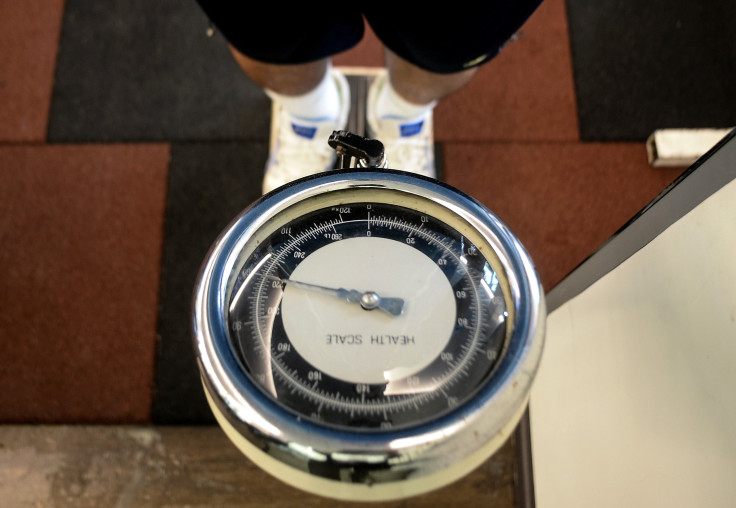Nerve To Control Hunger? Freezing It Could Reduce Your Weight, Study Says

A new study to find a possible easy way to lose weight says that undergoing a nerve-freezing procedure could help shed those extra pounds. According to a news release Thursday, Dr. David Prologo, an interventional radiologist at Emory University School of Medicine in Atlanta, said the reason for how difficult it is to lose weight is due to “the body’s backlash to the calorie restriction.”
“Ninety-five percent of people who embark on a diet on their own will fail or gain their weight back at the six- or 12-month mark,” Prologo said. Prologo and his team conducted a trial targeting the "hunger nerve" — also known as the posterior vagal trunk — and its possible connection to one's ability to lose weight. Researchers tried a minor surgical procedure on the study's participants where a probe was inserted into the patient’s back, freezing the nerve for two minutes. This was done under the guidance of live images from a CT scan. After the never freeze, it stopped sending hunger signal to the brain.
The study was conducted on only 10 people, aged between 27 and 66 and had body mass indexes (BMIs) ranging from 30 and 37. Eight of the 10 participants were women. The study was presented at the Society for Interventional Radiology Conference this week in Los Angeles.
According to Prologo, this experiment was aimed at testing the safety of the process to freeze nerves.
“I had struggled with weight since my 6-year-old was born ... and I’m constantly rebounding [with various weight-loss programs],” Prologo’s first patient, Melissa, said in the news release video. After the procedure, she said, “I’m literally never hungry ... I’m not eating because I’m bored. It’s gradually coming off, so now I know it’s not going to come right back on like all the previous diets that I’ve tried."
Ten other patients also underwent the nerve-freezing procedure, but researchers are yet to analyze the results. Next, researchers plan to enroll people in a phase 2 study so they can have a control group for comparing possible results.
"It's an interesting concept," said Dr. Lawrence Cheskin, director of the Johns Hopkins Weight Management Center in Baltimore, who was not involved in the study. However, "this is a pilot study with no control group" to use as a comparison, Cheskin told Live Science. "We would need to do further studies comparing the treatment to other approaches to weight control to be more certain of a direct effect of the procedure performed," he said.
While Cheskin supported further study, he mentioned the side-effects saying: "The vagus nerve controls the gut's nervous system as well as other functions... which could lead to "a host of side effects, including nausea and vomiting, but the study reported no significant side effects."
© Copyright IBTimes 2024. All rights reserved.





















